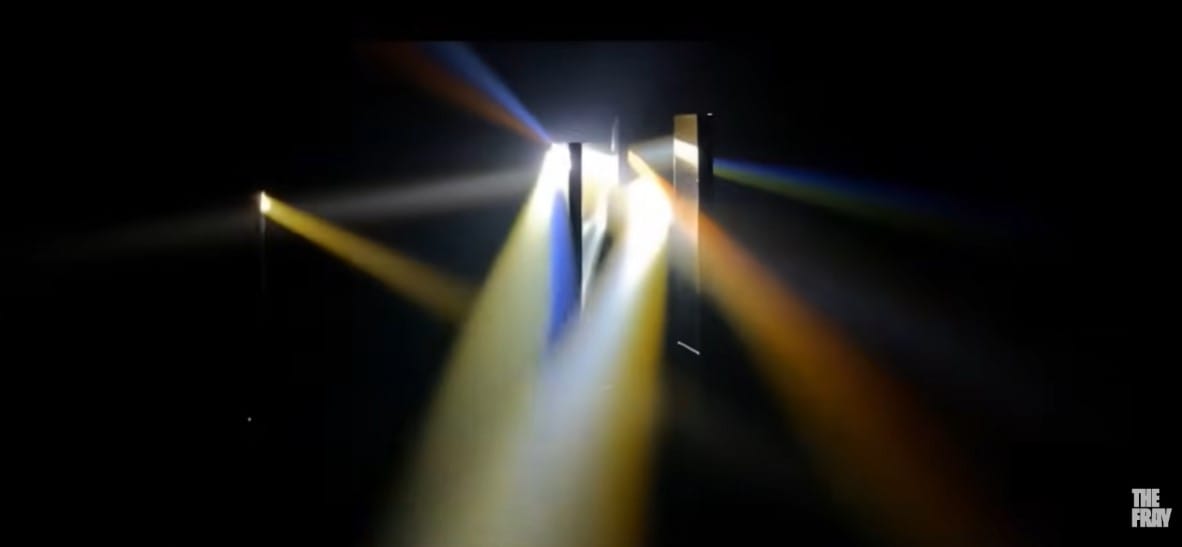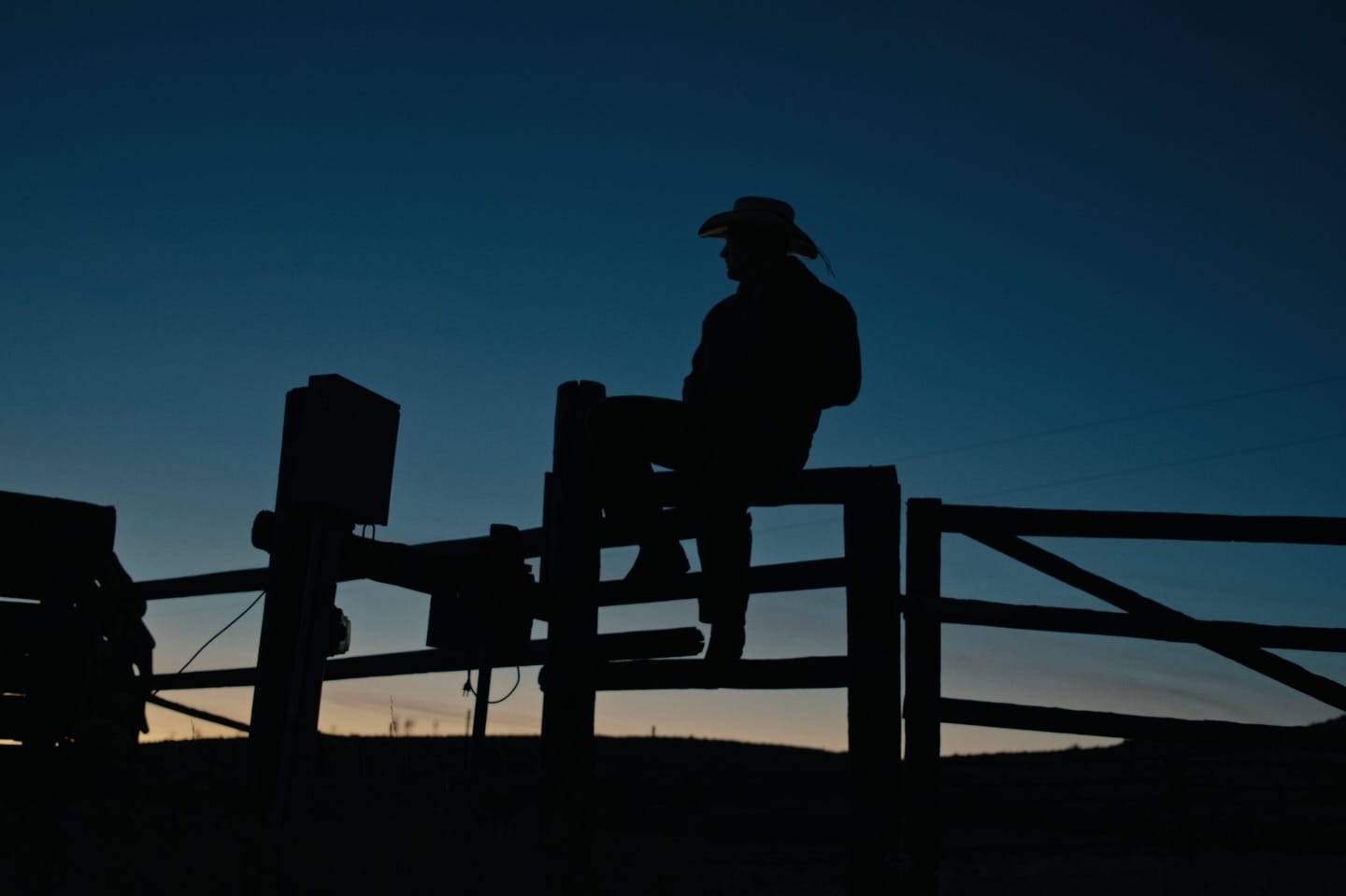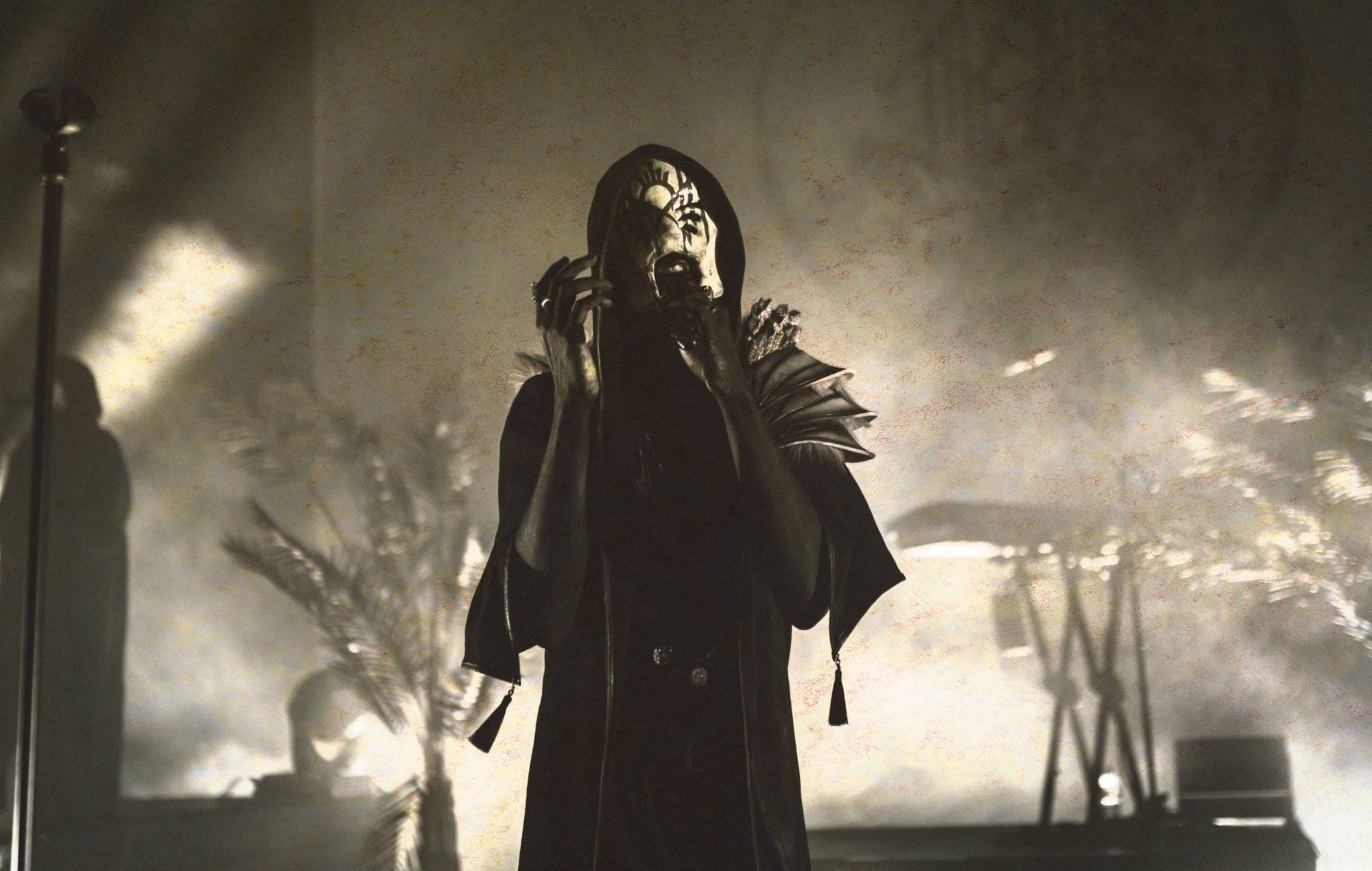He’s Trying to Be Understood
What if the most interesting thing about Alex Warren isn’t that he “made it,” but how he still sounds like he’s clawing his way there, track after track. He arrived with a public life already humming in the background, yet the music doesn’t play like a brand extension. It plays like a confession that found a kick drum.
“Ordinary”: The Neon Entry Door
“Ordinary” is the song most listeners meet first, the doorway with the bright sign. It’s tidy in the best way, a pop structure that keeps you close while the lyric tugs at bigger questions. He isn’t dressing up the ache with fancy metaphors; he’s putting it in a clean room and letting you hear the hum. The verses feel like late-night texts you weren’t meant to read, then the chorus opens and the melody sticks because he sings like someone who already lived the plot.
“The Outside”: Restless Pulse, Satellite Heart
“The Outside” sharpens the thesis. Even the title frames a worldview. The track moves with a restless pulse, almost like a jog through a neighborhood you used to call home. The production sets him just ahead of the beat, so the vocal feels urgent and a little unguarded. Lyrically, he circles proximity without belonging, the way you can be surrounded and still feel like a satellite. That tension is where his voice, husky at the edges, turns into an instrument of doubt and hope.
“Burning Down”: Making Room by Striking the Match
“Burning Down” takes the spark and holds it to the curtain. It’s dramatic, not for spectacle, but to clear space. The arrangement builds in layers, small percussive taps growing louder, a guitar line that keeps returning like a thought you can’t shake. When the chorus hits, you can picture the live moment: lights going hot, a crowd that knows every word. Destruction becomes creative here, a way to make room for the next version of yourself.
Why These Songs Stick on Repeat
If you love every track, you know what, that makes sense. He writes like someone who understands the internet’s speed but refuses to rush a song. Tempos sit in that sweet spot where a chorus can soar without sprinting. The drums hit clean, the bass is tasteful, and the hooks arrive on schedule. The real turbulence lives in the narratives. He toggles between intimacy and spectacle, bedroom and stage, apology and declaration. You hear the polish, then at the right moment he lets something fray. That contrast is the emotional engine.
Charisma Without the Mask
Pop asks for something ineffable that still feels specific. Warren’s version is a mix of vulnerability and a just-watch-me grin. He writes about not fitting in, then sings with a confidence that makes not fitting in sound like a choice. That duality lands especially well if you’ve outgrown neat resolutions but still crave hooks. He isn’t trying to reinvent the wheel. He’s trying to drive it somewhere personal.
The Bigger Picture: A Cohesive World
He fits a lineage of artists who learned to tell stories in public long before a debut cycle. Some get trapped by the persona. He uses it as scaffolding. The choruses knock, but they leave room for awkward truths, the kind of lines that make you wonder who he sang them to first. That’s why repeats reward you. A new detail in the phrasing, a harmony that tucks into the hook, and the song recalibrates.
Your Part in the Chorus
There’s a communal dimension that makes fans feel like co-authors. Tracks like “The Outside” and “Burning Down” invite you to pour your own memories into the negative space. Whose house are you walking past in that second verse. What did you torch so you could finally say yes to yourself. He leaves just enough room in the lyric to make the song portable. Portability is a quiet superpower in modern pop, and he seems to know it.
What Comes Next
Does he have range beyond this lane. The clues say yes. He leans into balladry without getting syrupy, and he can push into more muscular pop while keeping the confessional tone. If the next phase experiments with texture, grittier guitar palettes, more off‑grid percussion, the voice and point of view will hold. That’s the test for artists with early hits: shift the frame while keeping the face recognizable.
Final Take
If you’re looping everything, you’re not chasing familiarity. You’re responding to a clear, coherent world he keeps building song by song, a world that admits imperfection and still asks you to sing louder. “Ordinary” might be the handshake. “The Outside” and “Burning Down” feel like the long conversation after. And when that chorus lifts and you feel a little less alone, the point isn’t to be ordinary. It’s to be understood.





